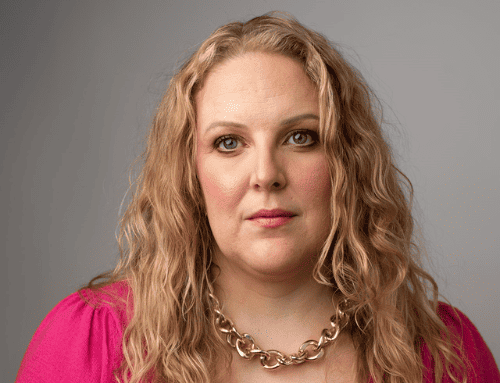
It’s painful to picture our older friends and family members being abused by the people they trust. Yet, a survey released in 2016 by the National Initiative for the Care of the Elderly estimated that 766,000 Canadian seniors – more than three-quarters of a million – were abused last year.
On June 15, people all over the globe are recognizing World Elder Abuse Awareness Day to shed much-needed light on the issue. Elder abuse is “a single or repeated act, or lack of appropriate action, occurring within any relationship where there is an expectation of trust, which causes harm or distress to an older person,” according to the World Health Organization.
Given that Canada’s senior population is increasing, researchers believe that rates of elder abuse are likely to go up. And women are at higher risk of being abused by a family member. Recent Statistics Canada data on family violence against seniors shows that:
- 60% of survivors were women
- 96% of sexual assaults were committed against women
- 65% of homicide victims were women
Despite growing awareness, abuse is not an easy subject for survivors to confront or report, so it may be helpful for friends and family members to recognize the signs and know what resources are available. Survivors may have trouble disclosing that their loved ones have hurt or exploited them. Many depend on their families to provide necessities and fear that reporting abuse will threaten their well-being.
The Centre for Research and Education on Violence Against Women and Children says seniors experience abuse in a variety of ways including financial abuse, psychological abuse, physical abuse, spiritual or religious abuse, sexual abuse and neglect. And while it’s not always obvious when it’s happening to our loved ones, the organization recommends keeping an eye out for common indicators including:
- Changes in behaviour including anxiety, fear, and depression
- Injuries like bruises, scratches or sprains
- Explanations for injuries that seem odd or unlikely
- Changes in social activity like missing church, social gatherings or events
- Changes in living arrangements like new friends or family members unexpectedly moving in
- Changes in financial situations, including unpaid bills or missing belongings
- Signs of neglect, such as a lack of food, being left alone for a long time or not receiving proper medical supplies like glasses or a cane.
If you are worried someone you know is experiencing abuse, The Canadian Network for Preventing Elder Abuse suggests taking these steps:
- Talk to them: Ask questions about their well-being and avoid being judgmental. If they come forward, believe them and offer support.
- Understand the obstacles they could be facing: Older women who experience violence face many barriers to leaving. Their economic security, health and safety could be affected by leaving the relationship, especially if they are living with a disability.
- Respect their rights: Don’t patronize them or play into degrading assumptions about aging. If a person declines your help, respect their choice, even if you disagree with it.
- Get their consent: Confronting an abuser can create a more dangerous situation for the survivor. Make sure you don’t share personal information without getting permission. If the adult is mentally capable of making their own decisions, ask before you intervene. If they want out of the situation/relationship, help them develop a safe exit plan.
If you or someone you know needs help, check out some of the services available in your area. If there is immediate danger, call 9-1-1 and ask to talk to an officer who is trained in family violence.
Learn More
- Take the pledge to join GEN1 and help build the first generation free of violence against women and girls.
- Sign up for our e-newsletter to have our latest stories and resources sent to your inbox.
- Follow us on Facebook and Twitter to join a national conversation on ending violence.







